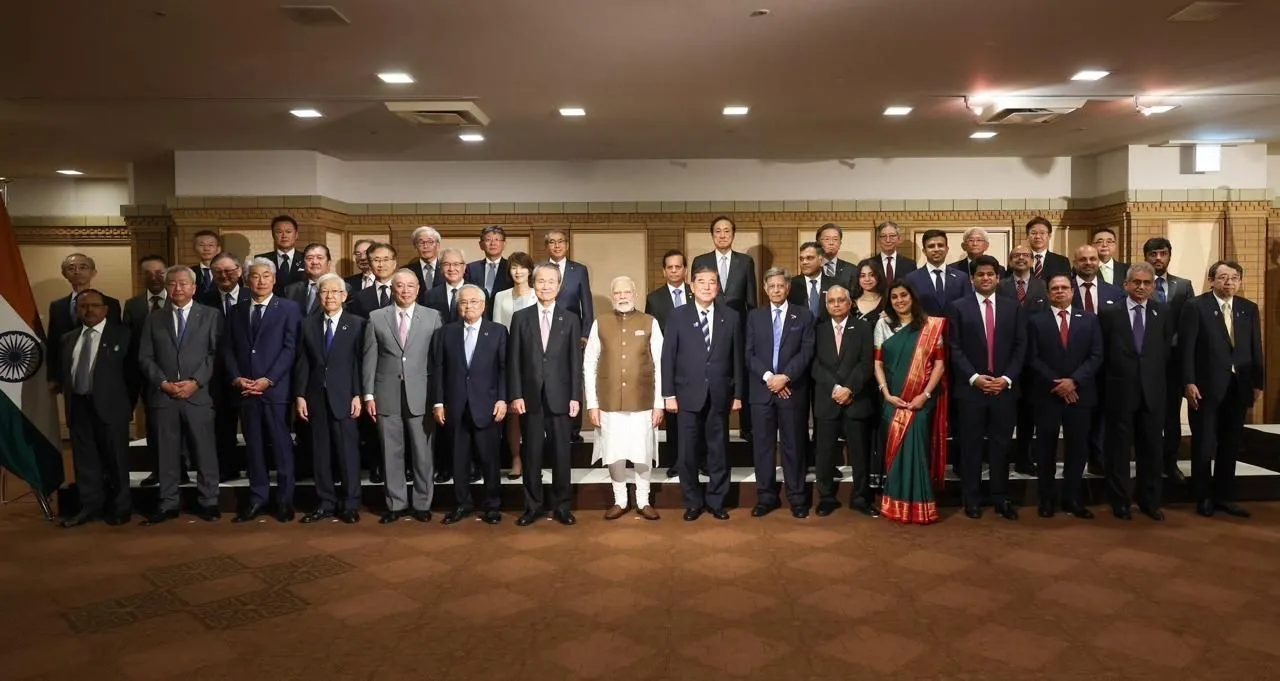DSA Correspondent
Russia's Resurgent Influence in Africa
Over the past decade, Russia has orchestrated a significant return to the African continent, re-establishing its military and diplomatic presence through a combination of strategic partnerships, military engagements and economic investments. This resurgence has largely flown under the radar of Western nations, allowing Moscow to solidify its influence in key regions across Africa.
Russia's renewed focus on Africa began in earnest around 2014, following its annexation of Crimea and subsequent geopolitical isolation from the West. Leveraging historical ties from the Soviet era and capitalizing on post-colonial sentiments, Russia initiated a series of strategic moves to embed itself within the African security and economic landscape.
A pivotal component of Russia's strategy has been the deployment of private military contractors, most notably the Wagner Group. Initially active in Syria in 2015, Wagner expanded its operations into Africa, starting with Sudan in 2017 and later extending into the Central African Republic (CAR) and the Sahel region by 2020. These mercenaries have provided military support to embattled governments, training local forces and securing critical infrastructure. In return, Russia has secured lucrative mining contracts, particularly in gold and diamonds, bolstering its economic interests on the continent.
The death of Wagner's leader, Yevgeny Prigozhin, in 2023 led to the group's replacement by the Africa Corps, signalling Moscow's intent to maintain and even expand its influence in Africa. This transition underscores Russia's commitment to its African engagements and its adaptability in sustaining its strategic objectives despite leadership changes within its proxy organisations.
Russia's deepening involvement in Africa has had significant geopolitical implications. Notably, it has contributed to the withdrawal of French and American forces from parts of the Sahel, a region plagued by instability and extremist insurgencies. By filling the security vacuum left by Western powers, Russia has positioned itself as a key security partner for several African nations, thereby expanding its geopolitical reach and influence.
Moscow's approach in Africa is multifaceted, combining military assistance with diplomatic outreach and economic cooperation. This comprehensive strategy has enabled Russia to cultivate strong bilateral relationships, often formalised through defence agreements and economic partnerships. By presenting itself as a reliable ally that respects the sovereignty of African nations, Russia has differentiated its approach from that of former colonial powers, resonating with African leaders seeking diversified partnerships.
In conclusion, Russia's strategic reengagement with Africa represents a deliberate effort to expand its global influence and secure economic interests. Through a combination of military support, economic investment and diplomatic engagement, Moscow has successfully re-established itself as a formidable player on the African continent, with implications for regional stability and the broader geopolitical balance.
.webp)
-min.webp)

.webp)
.webp)
.webp)
.webp)
.webp)
.webp)



 9958382999
9958382999
